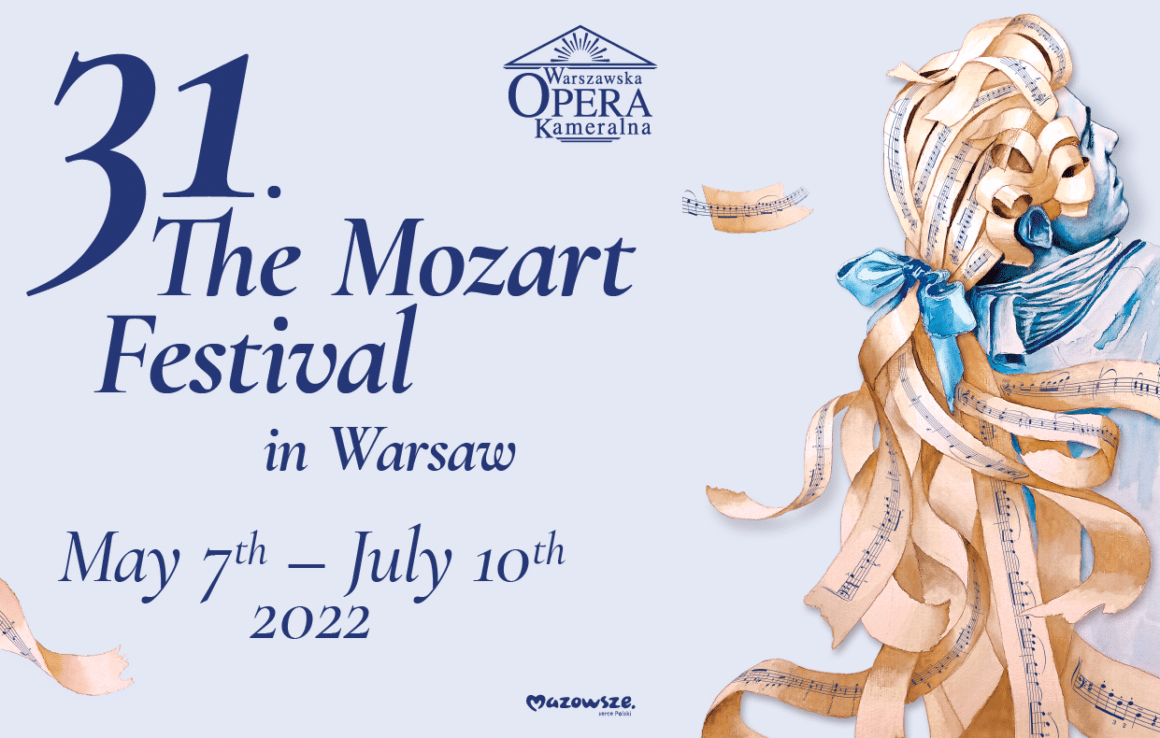31st Mozart Festival in Warsaw
Basilica of the Holy Cross in Warsaw
Requiem in d minor KV 626
Wolfgang Amadeus Mozart
SOLOISTS:
Diana Alexe – soprano
Marta Wryk – mezzo-soprano
Marek Rzepka – bass
Pavlo Tolstoy – tenor
Vocal Ensemble of Warsaw Chamber Opera
Chorus master – Krzysztof Kusiel-Moroz
Ancient Instruments Ensemble Of Warsaw Chamber Opera
Musicae Antiquae Collegium Varsoviense
Conductor
Andrzej Szadejko
A concert that the audience of the Mozart Festival is always waiting for. For three decades, these wonderful phrases have been returning in the interiors of Warsaw churches…
Mozart’s Requiem is one of the most mysterious compositions in the history of music. The composer did not know the name of the person ordering the work, and it was – as we already know today – a musical amateur, Count Franz Walsegg, who used to order and appropriate other people’s compositions. For this reason, for many years numerous speculations about the circumstances of this order were made – one of the most famous interpretation of this incident can be found in the film Amadeus by Miloš Forman. Mozart, being paid “in advance”, did not start working immediately. He didn’t have too much time for this, as he simultaneously wrote operas: The Magic Flute and The Clemency of Titus. When he finally started composing the mass, his health worsened. Bedridden, in the last days of his life he dictated to his friend Franz Xaver Süssmayr next phrases of Requiem. Between waking and delirium, he was composing, whilst being convinced that it would be a mourning mass for his soul. He died on 4th December 1791, at the age of 35, dictating the eighth bar of the beautiful Lacrimosa. Süssmayr had to finish his friend’s sketches on his own. The original Mozart phrases: Dies Irae, Confutatis or Tuba mirum, just like Lacrimosa, prove the composer’s genius today. While demonic Sanctus, melancholic Benedictus and touching notes of Agnus Dei are already the work of Süssmayr. In here, the follower achieved a level worthy of his master.


